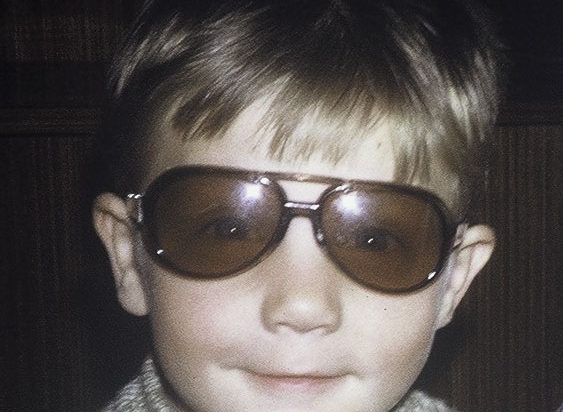At Age 52, Fil Gambatesa Started Over. It Was His Smartest Career Move to Date.

“For me, everything came back to confidence. In order to succeed, I needed to believe I could be accepted as a developer at my age.” – Fil Gambatesa
From the outside, it looked like Fil Gambatesa had it all: At age 52, he was the senior director of technology transformation for one of Canada’s leading banks. But inside, he was itching for a change.
While being a director came with its rewards, Fil wanted to create his own work instead of working through others. “Management wasn’t enough for me anymore,” he said. “I wanted to be a developer.”
His desire had been many decades in the making. Fil first learned to code when he was sixteen years old. “Coding was brand new at the time,” he said. “I loved the creativity of working with computers — of having an idea, writing code, and immediately seeing something on the screen before me.” After college, Fil accepted a role as a software developer. “It was really fulfilling, and lots of fun,” he recalled. But before long, he began climbing the career ladder until he found himself sitting in a senior tech management role wishing he could step down a few rungs.
When Fil discovered UofT SCS Coding Boot Camp, he knew it was time to disregard convention and pursue his passion for development. Here’s his story, in his own words.
What concerns came with your decision to make a career change?
I remember feeling daunted by the amount of information I had to learn. Back in the day, I worked with only one programming language. Now, there’s HTML, CSS, Java, Ruby, and all the different frameworks. I couldn’t help but wonder, “Am I too old to learn? Is it too late?” It was intimidating knowing I was competing with 20- and 30-year-old programmers. But through the boot camp, I learned that I could write code just as quickly and effectively as younger folks. I had this idea starting out that I needed to know everything to succeed, but that’s really not the case.
What type of support did you receive in the boot camp?
I had a phenomenal mentor named Michael, whom I met with once a week. He was the best thing about the program. Beyond helping me resolve technical issues, he also taught me what it means to be a developer. I’d ask him, “Do you think I can make it?” The internet can only go so far — there are only so many articles you can read. Michael was a real-life model of what I could become.
I also got help from the career center when it came time to build my new resume. Because of my background, I needed to explain why I was switching careers at age 52. They helped me collect my thoughts and put them down on paper.
In December of 2019, you landed a software engineer role at Lightpoint Financial Technology. Congratulations! How did the boot camp help you get there?
The boot camp gave me the confidence I needed to believe in myself as a developer, which really helped with the interview process. For me, everything came back to confidence. In order to succeed, I needed to believe I could be accepted as a developer at my age.
On a technical note, I also used the knowledge I’d gained in the boot camp to build my own personal website, which was tremendously useful. Before the boot camp, I didn’t have any development work to show recruiters. After completing the program, I had an entire portfolio I could point to.
How are you enjoying full-time software development?
It’s exactly what I was looking for. As a software engineer, I spend about 70 percent of my time coding, which is awesome. There’s a set of problems my team solves on an ongoing basis, and no two people are ever writing the same code. I love being able to see what I’m working on right in front of me.
How did the boot camp prepare you for your new role?
The boot camp gave me confidence in my ability to learn. Regardless of where you start, you need to be prepared to continuously learn on the job. At Lightpoint, one of our primary coding languages is C#. I was able to pick it up quickly because I had the experience of learning Ruby, JavaScript, and Python in the boot camp.
What advice would you give others considering a career change?
Do it. You’re never too old. Be prepared to start at the bottom and reclimb the ladder. Tell everyone what you want to do and stay accountable. I told everyone I wanted to be a developer: my team, my family, my friends. It helped me believe in myself. There’s an interesting mindset shift that takes place — I was telling people, “I want to be a developer” when they saw me as a manager. During the boot camp, I avoided changing my LinkedIn bio for many months, thinking, “If this doesn’t work out, I can always go back to what I was doing before.” When I finally typed the word “developer,” I was committed. I’d decided what I was going to do.

 Live Chat
Live Chat